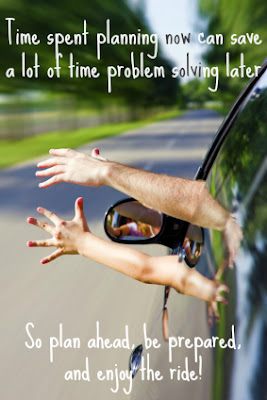One of the biggest contributors to post-holiday blues is coming back to the drudgery of your normal daily life and all the undesirable tasks you have to do. If things have been frantic before you left and you are coming home to a messy house and smelly fridge, this is definitely going to be compounded. Here are a few simple tips to help ease the transition from holiday bliss into daily routine, by avoiding chaos and stress.
Images from freedigitalphotos.net
Planning for the trip itself is obviously very important, but so is planning for your return, and this is unfortunately what many people fail to do. Having things all sorted and organised for the first few days after you get back home will extend the enjoyment of your holiday too.
- Tidy the house - don't leave piles of clothes on the bed that didn't fit into the suitcase, and do a general tidy up around the house so that it is a pleasant space to return to
- Don't leave dirty dishes in the sink or dishwasher
- Have enough clean clothes, work shirts, school uniforms etc washed and ready for when you get back so that there is no desperate rush to do laundry
- If you are going straight back to work or school, have the bags packed with the correct files, books, homework, or sporting equipment required for the first day back
- If you will be away for more than a few days, clean out the fridge and dispose of any items which will expire while you are away
- Consider ordering some groceries online and getting them delivered on your return, so that you have some basics to get you through the first day back without needing to rush to the supermarket
- Remember to empty all the rubbish bins, and place the big bins out for collection
Do you have any other great tips on how to ease into daily routine post-holiday? Please share them in the comments below - I would love to hear from you!













